Pishi Street, Yangzhou - Locatie, geschiedenis en hoogtepunten


Nestled within the heart of Yangzhou‘s ancient city, Pishi Street (皮市街) stands as a vital artery for the local residents, connecting the city’s past with its present. This historic street, known for its distinct cobblestone paving of granite, has been a symbol of Yangzhou’s rich heritage for generations.
The name “Pishi Street” itself holds a tale of the city’s past. “Pi” in Chinese refers to leather or hide, and historically, leather goods were considered a symbol of fashion and elegance. In the prosperous days of Yangzhou’s history, a bustling trade in leather goods naturally emerged, eventually giving rise to what is now famously known as “Leather Goods Street” – or Pishi Street.
Inhoudsopgave
- Locatie en vervoer
- History of Pishi Street
- Other Shops and Christian Church
- Recommended Shops on Pishi Street
- Vlog about Pishi Street
- Attractions near Pishi Street
Locatie en vervoer
Pishi Street is located in the Guangling District of Yangzhou City in Jiangsu Province, China. This historic street stretches from the northern intersection with Wenchang Road to the southern connection with Guangling Road.
Tourists can take bus 5, 204, 301, 305, 313, 9009, 9016, or 9025, get off at City Hospitcal East Wing Stop (市立医院东区), and walk about 200 meters to the west to reach the street.
History of Pishi Street
During the Yuan Dynasty, Pishi Street was referred to as “Majunying South” and “Majunying North.” In those times, horses were an essential part of military life, and leather goods, such as saddles and harnesses, were indispensable. It was during this era that the connection between Pishi Street and leather goods was firmly established.
Before the construction of the new city in the Jiajing period of the Ming Dynasty, Pishi Street was situated on the outskirts of the city. Even in the late Ming and early Qing Dynasties, the area around Pishi Street remained relatively low-lying.
The Qing Dynasty marked a significant turning point in the history of Pishi Street, as it evolved into a thriving market for leather goods. Despite all being involved in the leather goods trade, the street was divided into two distinct sections, known as “South Pishi” and “North Pishi,” with Zhenshun Lane serving as the dividing line. South Pishi specialized in soft leather goods, including leather clothing, horse hoof sleeves, and leather blankets, while North Pishi focused on hardware leather goods like belts, leather boots, and whips.
Other Shops and Christian Church
Towards the end of the Qing Dynasty and the beginning of the Republic of China, Pishi Street hosted a variety of other shops. In 1922, Qin Ligang and Qin Zhiyuan opened the Tianbaozhai Tea and Food Shop. In 1925, Ji Shangwu founded the Dareni Hospital. In 1933, the Rongshunyuan Bakery and Noodle Shop opened at number 31, followed by Fuchang Hotel at number 30 in 1936. In 1940, the Xiangfeng Soy Sauce Garden was established, adding to the street’s diverse array of businesses.
Pishi Street also holds a unique place in the history of religion in Yangzhou. It was home to the city’s earliest Christian church. In the fifth year of the Tongzhi era (1866), British missionary and founder of the China Inland Mission, Hudson Taylor, led a group of 16 individuals to China. Taylor went on to establish churches in various Chinese cities, including Hangzhou, Wenzhou, and Ningbo. Upon reaching Yangzhou, he purchased two traditional Chinese-style buildings at number 27 Pishi Street. The front building served as a church, which belonged to the China Inland Mission, while the back building housed the China Inland Mission Female Missionary Society. This marked the earliest Christian church in Yangzhou’s urban area, representing the city’s diverse cultural heritage.
Recommended Shops on Pishi Street
- 浮生记 (Fushengji)
- Locatie: 85 Pishi Street
- A century-old house with visible moonlight, filled with artistic vibes. Decorations in the store are collected by the owner during travels worldwide.
- 边城书店 (Biancheng Bookstore)
- Locatie: 13-1 Dazhimaxiang, Pishi Street
- This bookstore houses a collection of antique books and items. The dim lighting and vintage decor create a nostalgic atmosphere, transporting visitors back in time.
- 我慢杂货铺 (Woman Zahuopu)
- Locatie: Across from Fushengji, 85 Pishi Street
- A shop selling cultural and creative products from Yangzhou. Canvas bags and artistic refrigerator magnets contribute to the atmosphere of a grocery store, complementing the slow-paced lifestyle of Yangzhou.
- 一點光 (Yidian Guang)
- Locatie: 116 Pishi Street
- With a simple and white decor style, this shop combines coffee and a photography gallery. The store showcases many photography works by the owner.
- 卷卷安杂食店 (Juan Juan An Zashi Dian)
- Locatie: 141 Pishi Street
- A warm and retro-themed shop that is perfect for photography. The owner’s passion for food is evident, creating a cozy and inviting atmosphere.
- 汉森熊 (Hansen Xiong)
- Locatie: 88 Taizhou Road, Guangling District
- A warm Tang-style tavern providing a place to unwind. The setting allows patrons to shed their daily fatigue and be their true selves during the transition between cups.
- 蘑姑堂 (Mogu Tang)
- Locatie: 48 Pishi Street
- A shop combining desserts with flowers, offering delicate and flavorful treats. Both the desserts and the storefront are aesthetically pleasing.
- 像素研食 (Xiangsu Yanshi)
- Locatie: 95 Pishi Street
- Featuring a minimalist Japanese-style decor with abundant greenery, this shop offers diverse cuisine including Thai, Japanese, and Korean dishes, ensuring a delightful dining experience without disappointments.
- 无唬 (Wu Hua)
- Locatie: 158 Pishi Street
- A hidden gem in the old street, perfect for intimate gatherings. The menu includes delicious items like truffle fries and creamy mushroom pasta.
- 记忆油炸铺 (Jiyi Youzha Pu)
- Locatie: 127 Pishi Street
- A nostalgic spot for locals, specializing in fried products. It evokes memories of the times when people used to enjoy fried snacks during their school days.
Vlog about Pishi Street
Attractions near Pishi Street

Dongguan Gudu

Ge Tuin
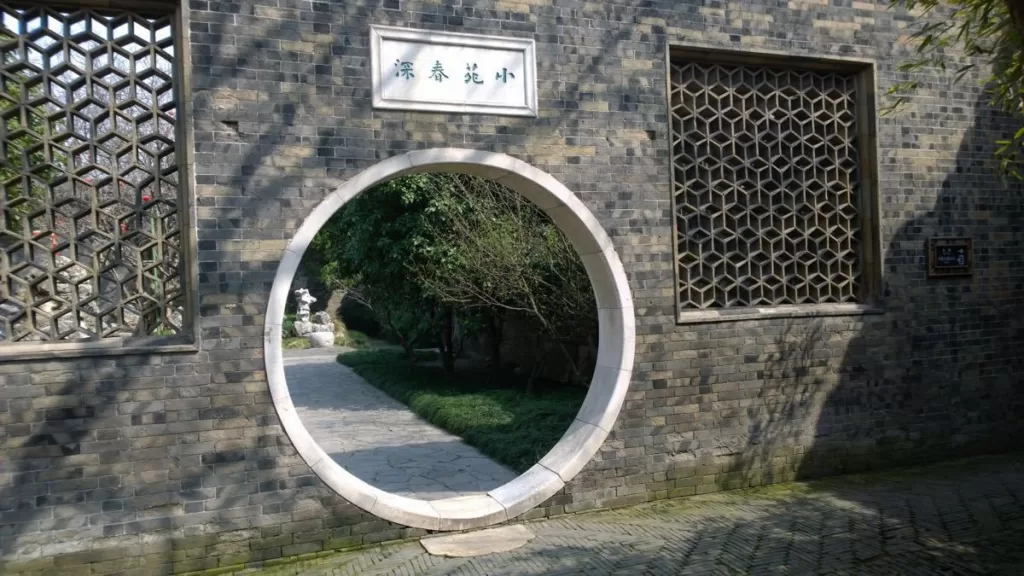
Wangs woning

Voormalige residentie van Zhu Ziqing

Dongquanmen historische straat
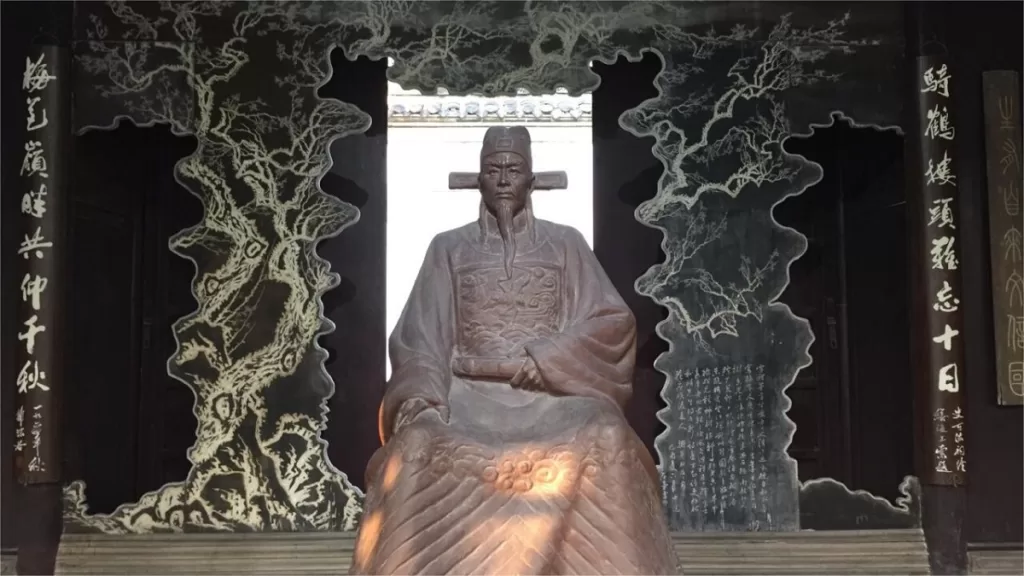
Shi Kefa Memorial Hall

Straat Dongguan
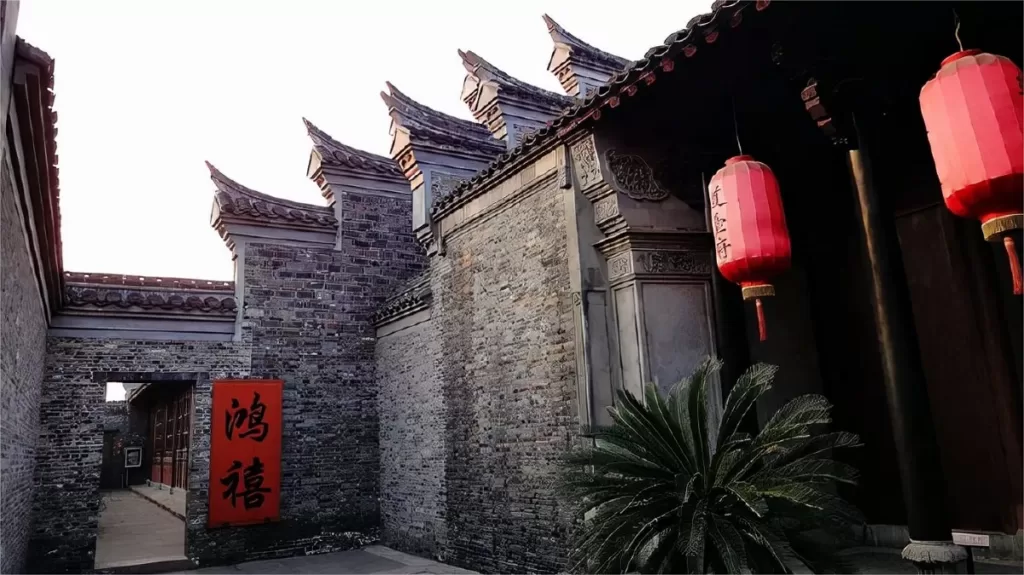
Wu Daotai Huis

Graf van Puhaddin
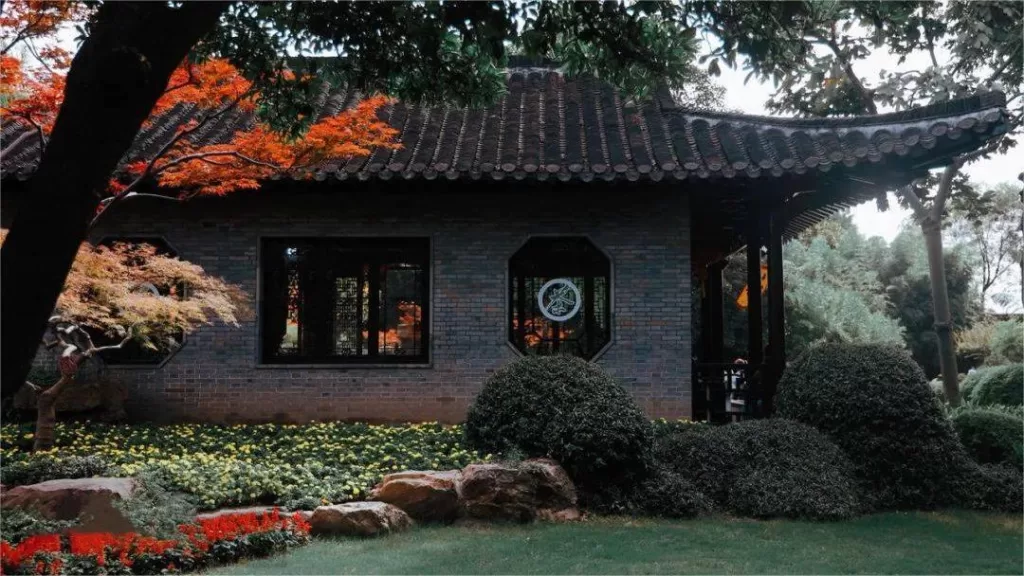
Huajuli commerciële straat
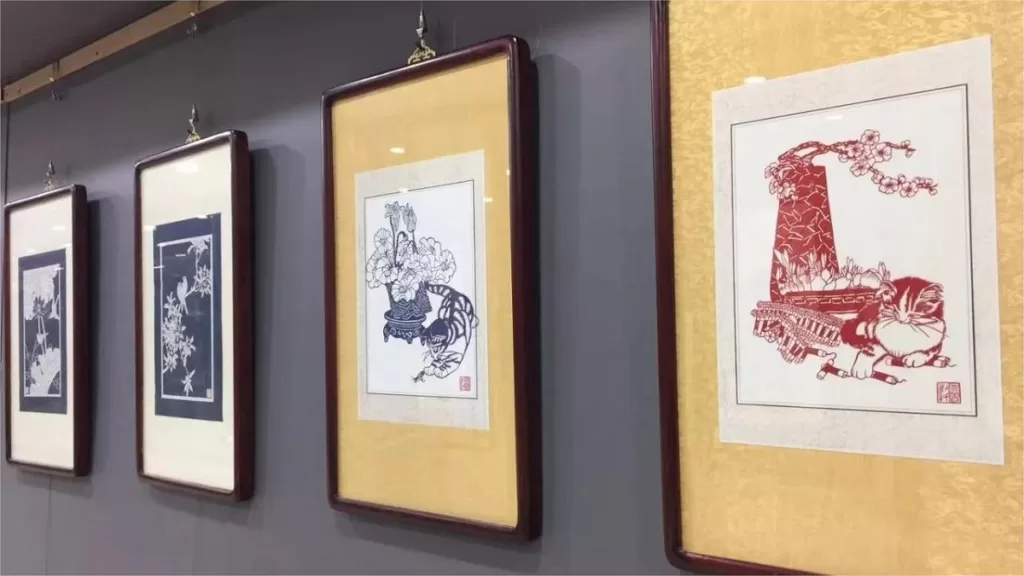
Chinees papierknipselmuseum
Lokaal leven in Jiangsu, Yangzhou Attracties